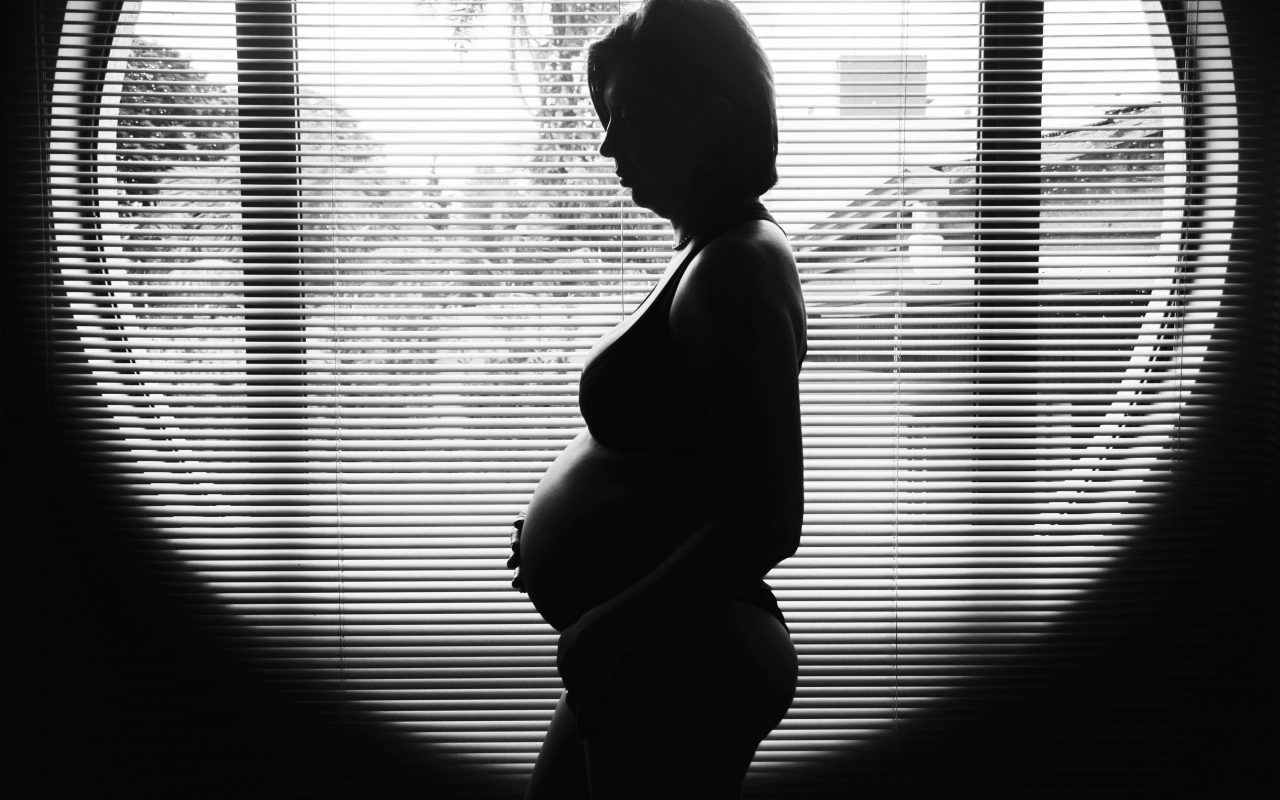Postpartum Depression is one of the most widely reported cases of depression in India. It is the depression that occurs after childbirth.
Although 10 million cases are reported in India every year, most of the women and sometimes even men going through this phase do not seek help.Unlike the baby blues, postpartum depression rarely disappears on its own. The condition can occur days or even months following the birth of your child and last for many weeks or months without treatment.
Let us first talk about the most important point first –
Postpartum Depression happens due to hormonal changes. It does not make you a bad person and for that reason do not be hard on yourself. The biological and bodily changes are the reason that you are facing this.
Postpartum Depression is curable. Please consult a doctor to get a detailed plan but below we are offering you a couple of points to keep in mind to cope with postpartum depression.
1.Eat and Sleep right
Consuming a diet rich in omega-3 fatty acids, which are found in oily fish such as herring and salmon, during pregnancy may lower the risk of postpartum depression. It is also a good alternative for treating postpartum depression
2.Also Nap
While many moms will be rolling the eyes here, it is really important you squeeze in as much sleep as possible.
3.Bond With Your Child
Emotional bonding is highly important between newborn babies and their
parents. The bonding eases out the child and it goes beyond just the initial days. Successful bonding allows the child to feel safe enough to develop fully, and having this bond will affect the way in which they communicate and form relationships throughout their life.
A secure bond forms when you tune in and respond to your child’s needs or emotional cues, such as picking them up, soothing them, and reassuring them when they cry. Being a dependable source of comfort shows your child to learn how to manage their own feelings and behaviors, which, in turn, helps to strengthen their cognitive development.
4. Start exercising
Multiple studies have shown that exercise can successfully combat postpartum depression. It helps ease out the symptoms as well as help you achieve a better psychological state.Walking is a good starting point, with the added bonus of being able to push your stroller at the same time. Aim to be active for around 20–30 minutes per day. Even exercising for 10 minutes can benefit your body.
5. Breast-Feeding
A study on breast-feeding concluded that it may reduce the risk of PPD. This protection can help you until the fourth month after delivery.
There have been some cases where women develop depression symptoms
while breastfeeding. Known as Dysmorphic Milk Ejection Reflex or D-MER, you might experience sudden feelings of sadness, agitation, or anger that last several minutes after your milk lets down.
Conclusion
A proper diet, constant consultation 6 months into the birth of the child, sleep and breastfeeding should keep PPD away.
If you are still feeling the effects of it, please do consult the help of a professional.
